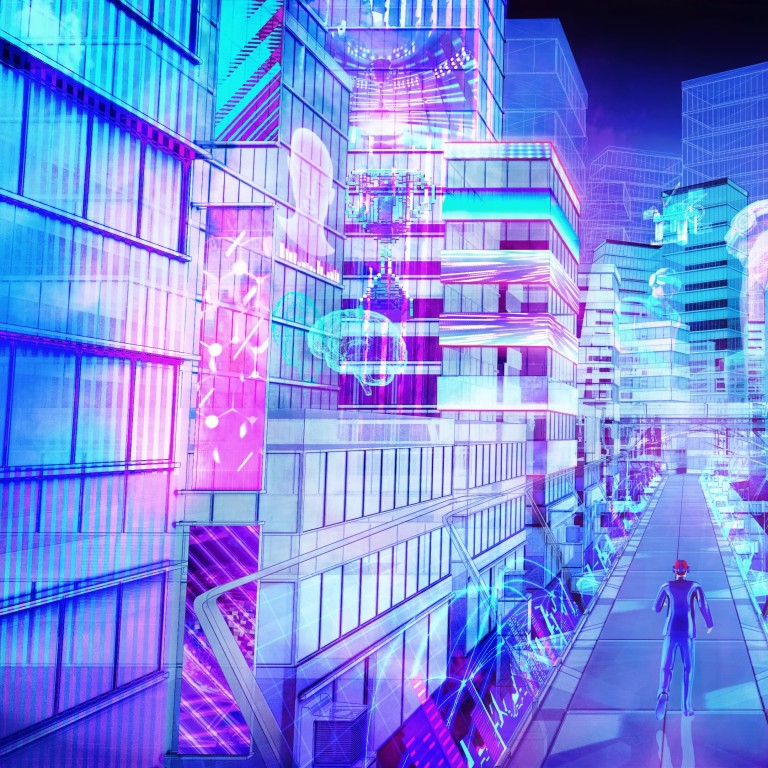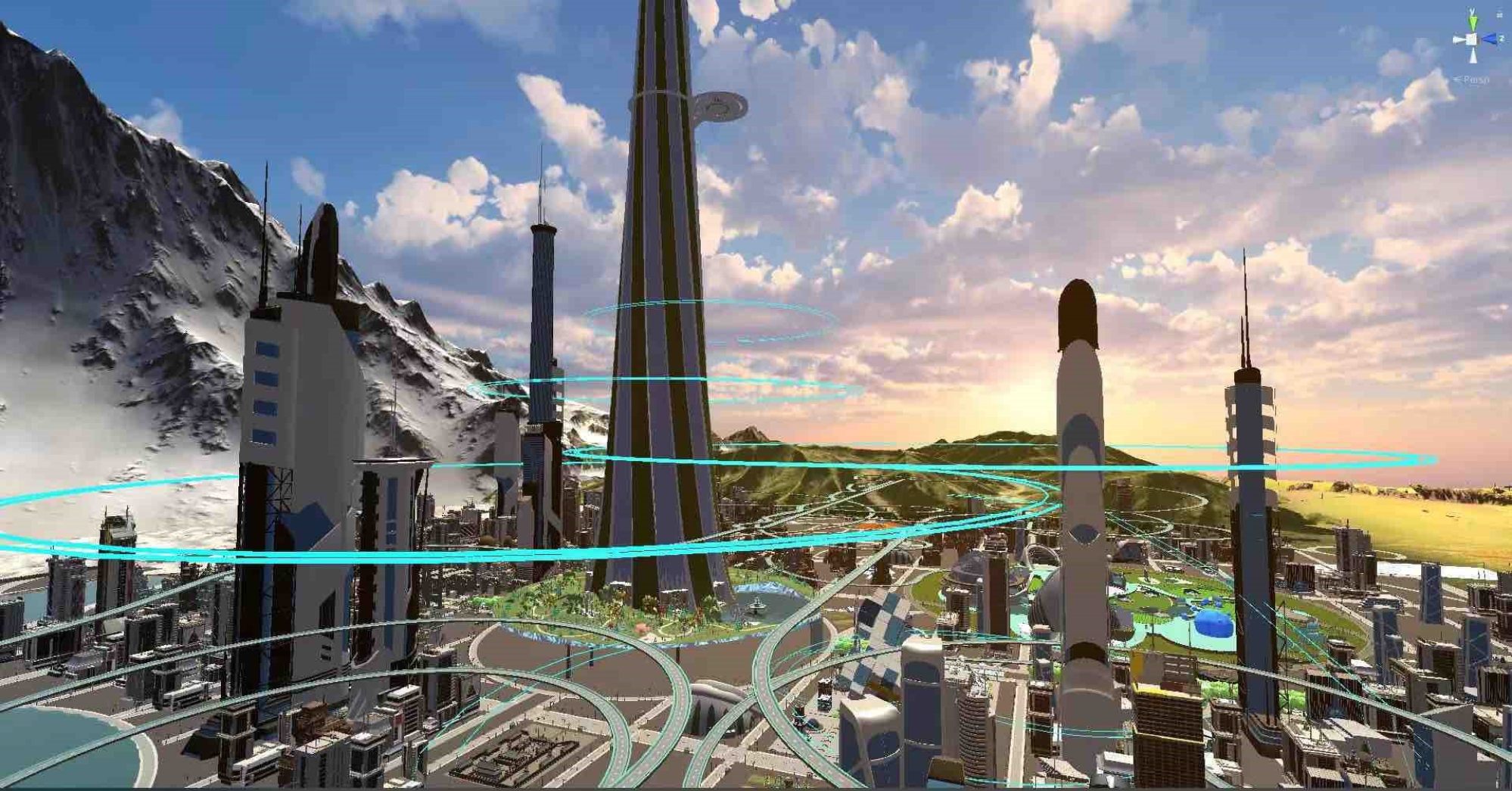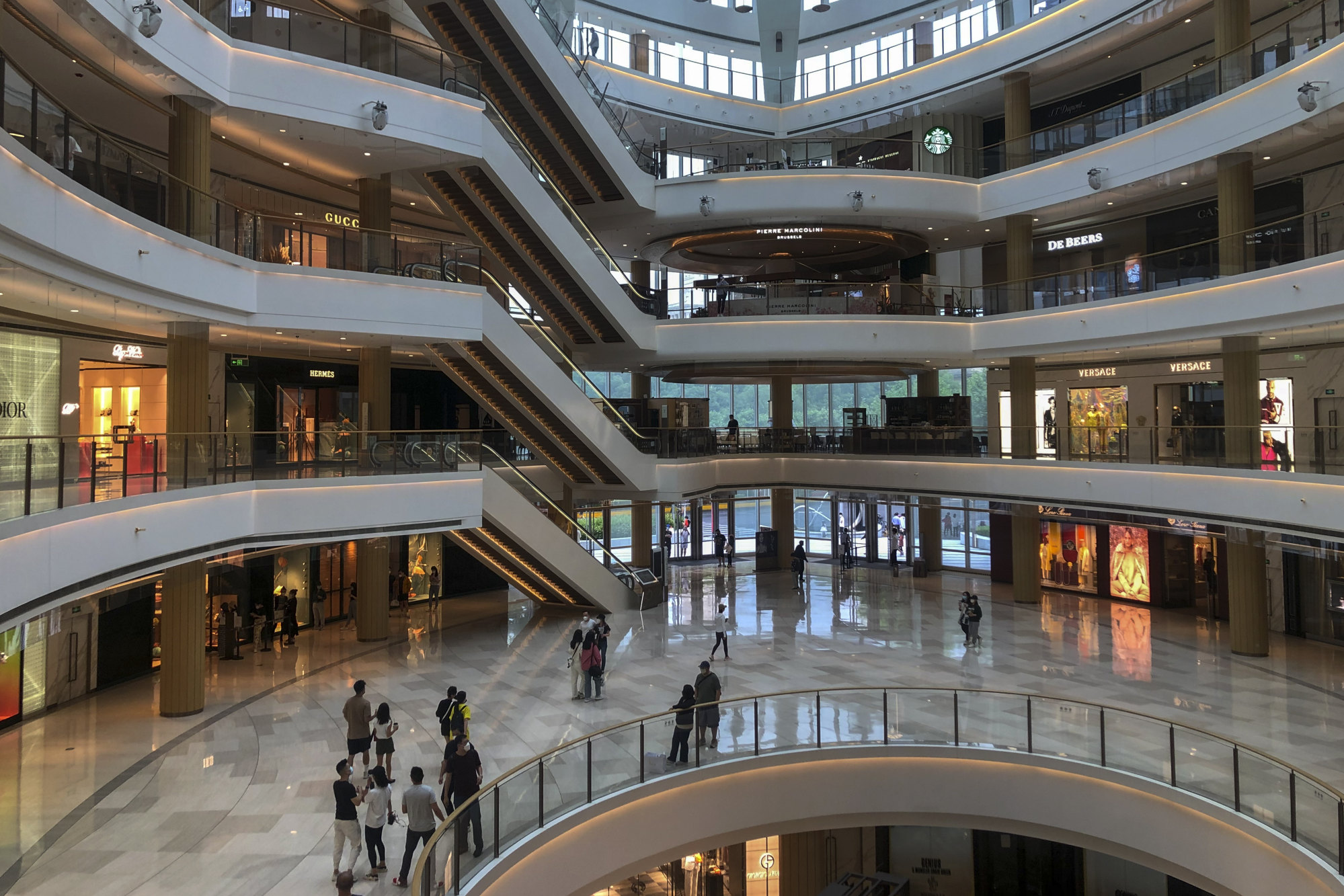
Retailing in the metaverse: Metamall brings new thrills and challenges to physical stores in Hong Kong
- With Metamall, online retail shopping experiences for consumers are set to be elevated to a whole new level
- Rents of retail premises have retreated to levels seen during the 2003 Sars outbreak due to disruption from technology, Covid-19 and lack of tourists
By adopting technologies like augmented, virtual, and extended reality, metaverse creates 3D virtual spaces that allow users to interact with people around the world in different types of contents and environments. Users access the contents as virtual persons or “avatars”, which hope to enhance their experience and is, arguably, living a “second life” outside reality.
With metaverse, which has enabled Metamall, online retail shopping experiences for consumers are set to be elevated to a whole new level. Metamall allows users to buy, own, build, or lease virtual real estate in the metaverse to operate their retail business. Consumers can shop online for digital and even physical products by setting foot in Metamall in the form of avatars of their choice.
Unlike traditional online stores, shoppers can learn, work with, interact with, buy and play with other people (friends, family, sellers and even strangers) in Metamall. They can even try on the products in their avatars. They will not only see things but also feel them. They can also spend hours meeting friends at a cafe in real-time, without stepping out of their home.
Luxury fashion brands are among some of the first movers to enter the metaverse. Christian Dior, for example, teamed up with Meta Media to unveil a metaverse runway show in China in April. Meanwhile, selling non-fungible tokens (NFTs) that promote “exclusivity” is the typical route for fashion labels. Dolce & Gabbana sold a collection of NFTs for about US$6 million..
In addition to retail, restaurants are also venturing into the metaverse. McDonald’s has filed trademark applications over its virtual food and drink products, including NFTs operating a virtual restaurant online featuring physical home delivery.

Shopping centre owners in Hong Kong are also experimenting with the metaverse. For example, Plaza Hollywood has created a game that brings visitors to the metaverse where the Kowloon mall is transformed into a 3D village featuring different game zones. The game also offers players various incentives to lure customers to spend in the physical mall.
Will the metaverse replace physical retail stores? It evokes the same decade-old prediction that the advent of e-commerce will kill off bricks-and-mortar outlets, which till now has proven to be not true.

Following the disruption brought on by technology, Covid-19 and shrinking mainland tourist spending, rents of retail premises in Hong Kong have retreated to levels seen in 2003, when the city was impacted by Sars (severe acute respiratory syndrome) before the government initiated the “Individual Visitor Scheme”.
When rents become affordable for more diverse trades, we believe demand for physical retail space is here to stay for a fundamental reason that experiential retail is a physical matter. Shopping centres are transforming into “micro cities”, involving all facets of human life and experience, not just limited to retail, dining and entertainment.
So far, brands and shopping centres are using the metaverse to develop awareness, engaging experience, loyalty, and occasionally sales.
While the full vision of the metaverse may be still years away, and the reach might be limited to the younger generations in the short to medium term, it is important to be forward-thinking and try to anticipate and shape the future.
More importantly, investors should point metaverse community members to their physical spaces within the context of an omnichannel marketing approach. The metaverse can link the various online-offline distribution, promotion and communication channels to shoot for a seamless and frictionless experience in the shopping journey.
It will enable investors to maximise results by embracing the authenticity, fun, convenience, and trust in all channels within the physical-virtual continuum.
Cathie Chung is senior director of research at JLL in Hong Kong


